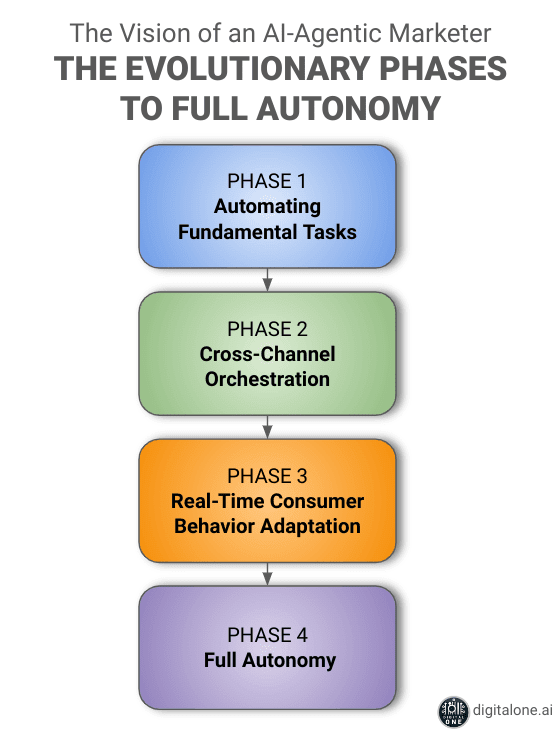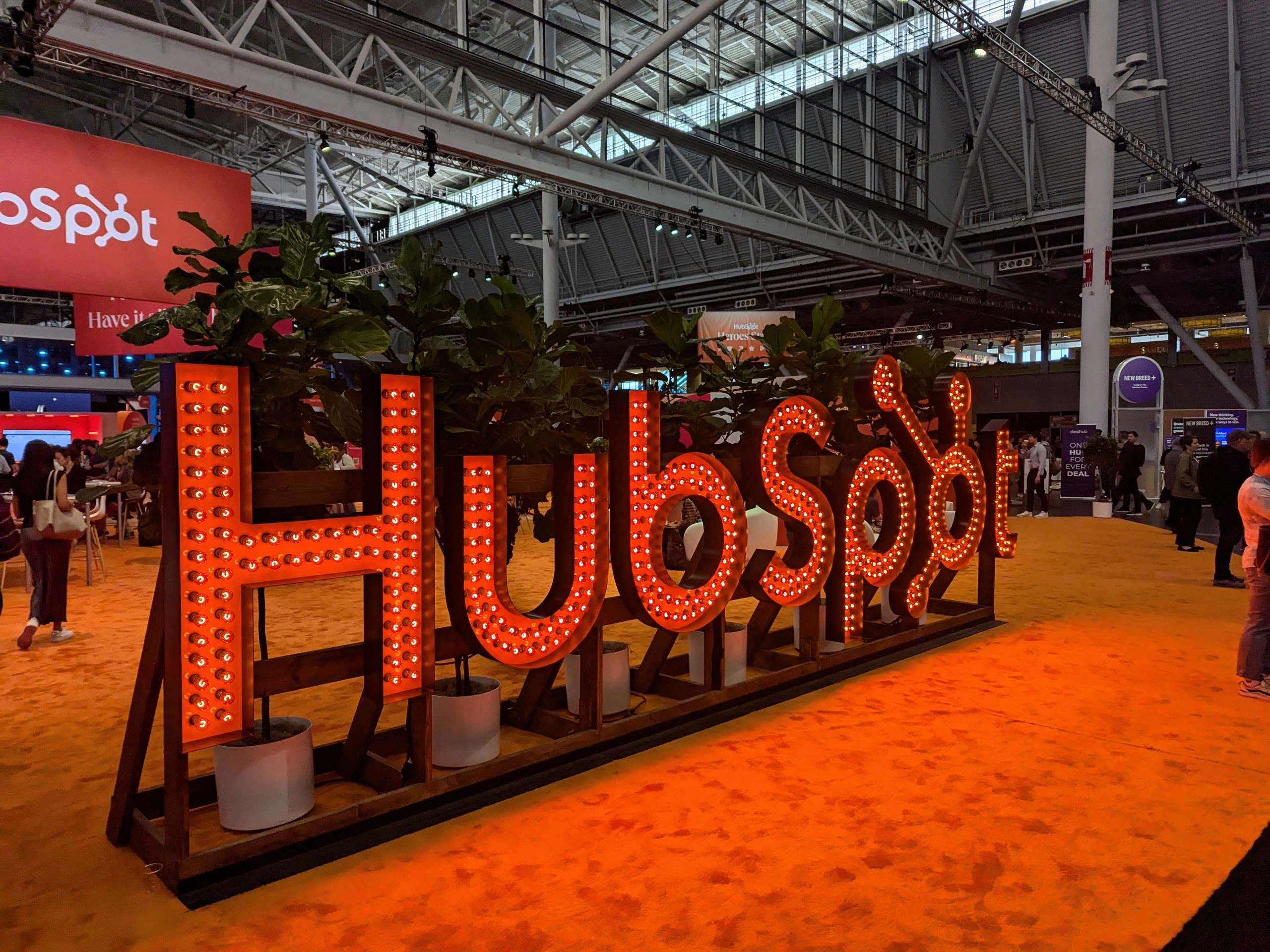The Impact of OpenAI's o1 Reasoning Model on Marketing, Sales and Service
OpenAI's o1 is a groundbreaking family of language models that represents a leap forward in artificial intelligence. o1 is designed with enhanced...

Within the next decade, AI agents are expected to attain full autonomy in marketing, managing complex, multi-channel campaigns with minimal human intervention. Envision an AI-driven marketing agent overseeing every dimension of a campaign—from ideation to execution—optimizing strategies in real time across Google, Meta, email, SMS, SEO, and emerging platforms, while continuously learning and evolving. This AI marketer will transcend operational assistance, assuming the role of a central orchestrator, steering marketing outcomes through sophisticated machine learning algorithms, predictive analytics, and personalized content delivery.
Imagine an AI marketer capable of:
This vision of AI-driven marketing represents a future in which businesses achieve an unprecedented scale of personalization, allowing human marketers to focus primarily on strategy, creativity, and innovation, while the AI takes charge of operational execution.
In this foundational phase, AI marketing agents assist marketers by automating repetitive tasks and generating insights that facilitate human decision-making. Currently, AI tools are primarily engaged in:
 At this stage, AI serves as an auxiliary tool rather than an autonomous decision-maker, necessitating active human participation in strategic planning and oversight. Platforms such as HubSpot, Salesforce Marketing Cloud, and VWO incorporate a degree of automation but still rely on human guidance to execute campaigns effectively.
At this stage, AI serves as an auxiliary tool rather than an autonomous decision-maker, necessitating active human participation in strategic planning and oversight. Platforms such as HubSpot, Salesforce Marketing Cloud, and VWO incorporate a degree of automation but still rely on human guidance to execute campaigns effectively.
In this phase, AI agents evolve to orchestrate campaigns across multiple channels, reallocating resources dynamically and optimizing content in real time. AI agents will be capable of:
Some current tools are beginning to test the boundaries of this phase. AI-driven platforms such as Adobe Target provide initial multi-channel orchestration capabilities, though they still necessitate significant human input for high-level strategic adjustments, such as defining overall campaign goals, setting brand tone, and determining target audience priorities. The AI functions more as an advisor rather than a fully autonomous agent.
In this phase, AI agents transition from reactive to proactive, predicting consumer behaviors and making real-time adjustments to campaigns without the need for human intervention. These agents will:
Platforms such as Optimizely and VWO are beginning to introduce deeper predictive analytics and personalization features, although they remain constrained by the requirement for marketers to manually adjust campaigns based on provided insights.
In the final phase, AI marketing agents achieve full autonomy, handling every aspect of marketing operations—from campaign conception and execution to monitoring and optimization—without human intervention. Key capabilities at this stage include:
At this stage, human marketers pivot to more creative and strategic roles, concentrating on broader brand-building initiatives while the AI optimizes day-to-day execution.
Currently, we are in Phase 1, where AI marketing agents assist with automating fundamental tasks but are far from having full control over marketing operations. The primary barriers to progress beyond Phase 1 include the need for significant human oversight in decision-making, limitations in AI's understanding of nuanced brand strategies, and challenges in integrating disparate data sources into a cohesive system that AI can fully manage autonomously. Platforms like Google Ads, Meta Ads, and HubSpot offer:
Additionally, platforms such as Optimizely, VWO, and Adobe Target offer sophisticated experimentation features, though their AI-driven capabilities are not yet fully autonomous.
 The future of AI-driven marketing lies in creating autonomous agents that can manage entire campaigns with minimal human intervention. Although we are currently in the early stages, the path forward is becoming increasingly evident. The present landscape shows significant promise, with AI assuming responsibility for fundamental tasks; however, the evolution toward fully autonomous marketing operations will unfold over the coming years as AI technologies continue to mature.
The future of AI-driven marketing lies in creating autonomous agents that can manage entire campaigns with minimal human intervention. Although we are currently in the early stages, the path forward is becoming increasingly evident. The present landscape shows significant promise, with AI assuming responsibility for fundamental tasks; however, the evolution toward fully autonomous marketing operations will unfold over the coming years as AI technologies continue to mature.
For the time being, marketers should leverage these AI tools to automate repetitive activities and establish the foundation for future automation—understanding that full AI autonomy is approaching, albeit not yet fully realized.

OpenAI's o1 is a groundbreaking family of language models that represents a leap forward in artificial intelligence. o1 is designed with enhanced...

I was at Hubspot's 2024 Inbound annual conference and they unveiled a comprehensive suite of AI-powered tools and features called Breeze. This launch...